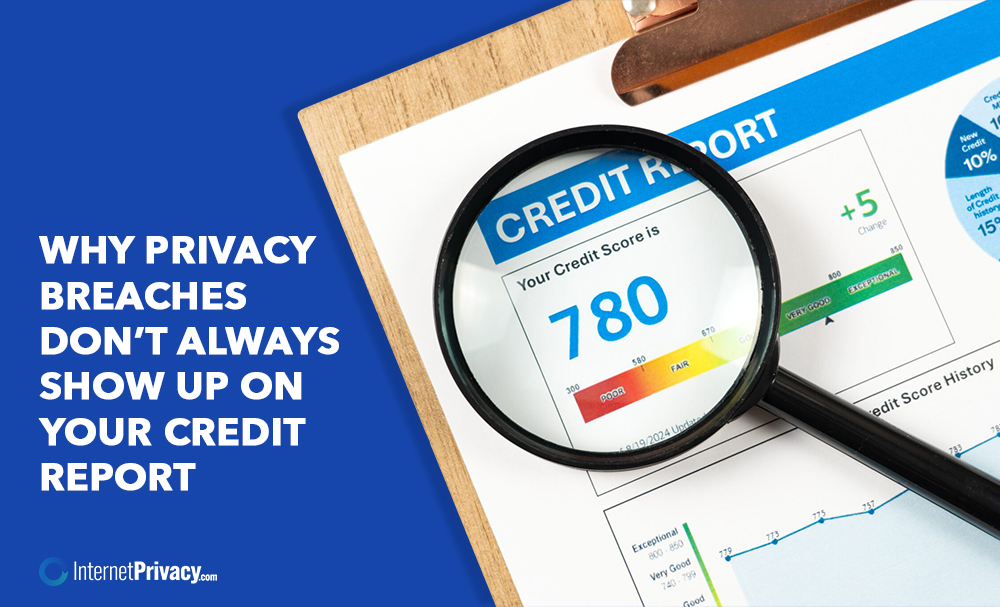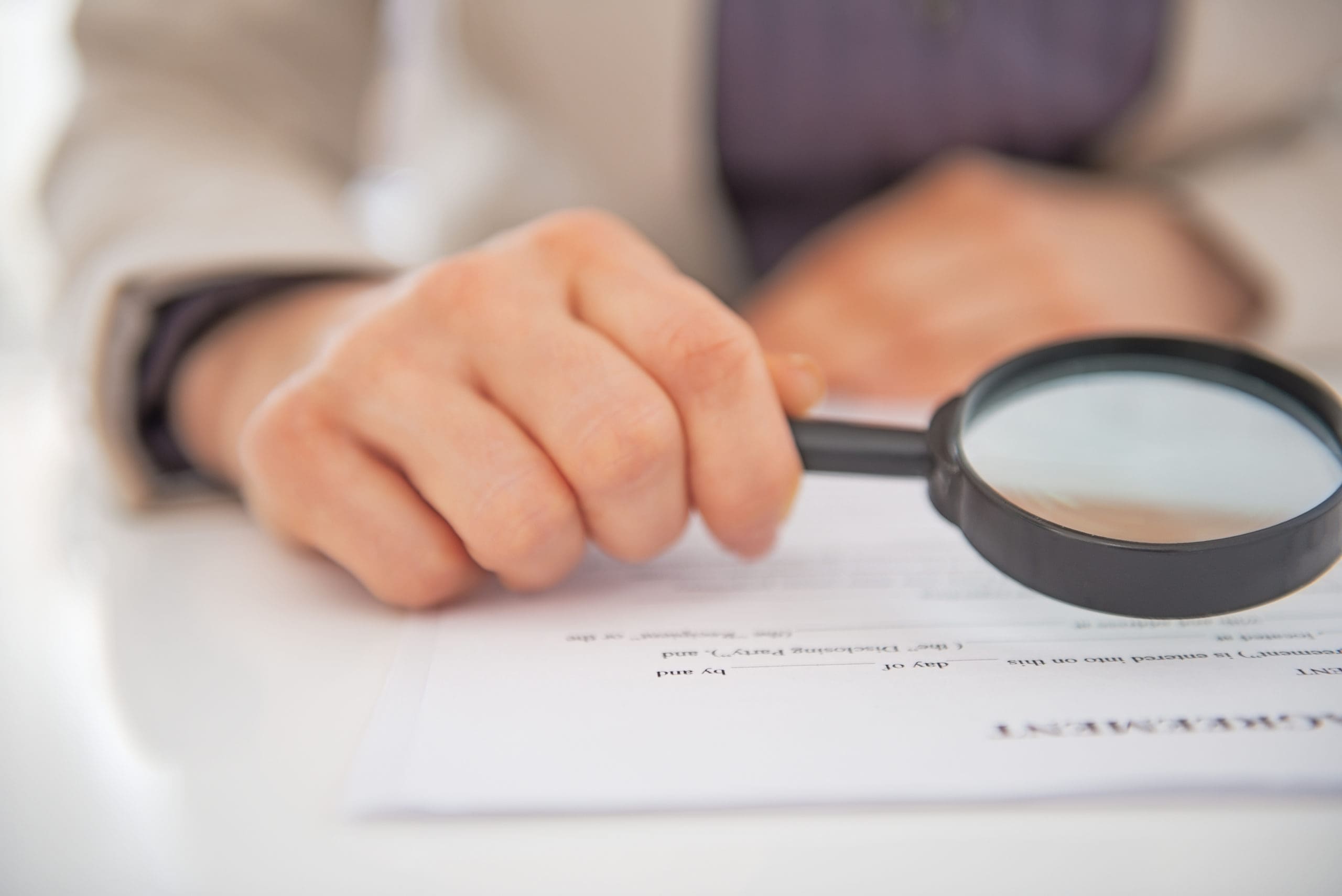Why Privacy Breaches Don’t Always Show Up on Your Credit Report

Privacy breaches are more than just a tech issue—they’re a real threat to individuals and businesses alike. The effects of stolen data, exposed user accounts, and leaked credit card details can be devastating.
Data breaches happen across all sectors, including healthcare, human services, and information technology, whether caused by a website design error, insecure direct object reference, or targeted social engineering attacks.
What Is a Privacy Breach?
A privacy breach occurs when unauthorized individuals gain access to sensitive information such as email addresses, bank account numbers, social security numbers, or encrypted passwords. Hacking, stolen credentials, insider threats, or misconfigured access controls can cause these breaches.
Companies handling customer data—including physical addresses, mailing addresses, and financial information—must follow strict data breach notification laws to alert affected individuals when a security incident occurs.
How Do Privacy Breaches Happen?
Data breaches happen in a number of ways:
- Hacking or malware attacks that bypass network segmentation or exploit an application programming interface (API)
- Social engineering attacks like phishing, which trick users into revealing login credentials or security questions
- Employee errors, such as sending personal information to the wrong address or failing to encrypt customer records
- Weak access controls that allow unauthorized access to corporate data or bank account details
- Vulnerabilities in information security systems, like insecure direct object reference, which exposes user IDs or IP addresses
No matter how they occur, the result is often the same—stolen information ends up on the dark web, putting affected individuals and businesses at risk.
What Are the Consequences of a Privacy Breach?
The consequences of a data breach can be far-reaching:
- Identity theft: Stolen data like driver’s license numbers, social security numbers, and credit card data can be used to commit fraud.
- Financial fraud: Criminals may gain unauthorized access to bank accounts or open new credit lines in your name.
- Legal issues: Affected businesses may face lawsuits, legal fees, and penalties for failing to safeguard sensitive data.
- Reputation damage: Poor information security can harm trust among customers, partners, and key stakeholders.
- Operational disruptions: Breaches can affect military operations, human services, or national public data infrastructure.
Even one security breach can result in exposed data from multiple breaches combined into a damaging data set.
How Can a Privacy Breach Affect Your Credit?
A privacy breach that compromises your financial information—such as credit card details or bank account numbers—can lead directly to identity theft. Fraudsters may use stolen credentials to:
- Open new accounts in your name
- Make unauthorized purchases
- Apply for loans or credit cards
These actions can severely damage your credit score and financial standing. That’s why affected individuals should closely monitor their credit reports and consider enrolling in free credit monitoring, especially after receiving a data breach report or notification letter.
What Are the Signs of a Privacy Breach?
It’s important to spot a security incident early. Here are key red flags:
- Unfamiliar charges on your bank or credit card statements
- Notifications from credit monitoring services or the Federal Trade Commission
- Data breach alerts related to your accounts (e.g., Adobe date, eBay date, Facebook date, LinkedIn data, Myspace date)
- Login issues or password reset emails you didn’t request
- Letters or emails from companies notifying you of a breach
These signs could point to exposed personal information, user accounts, or even breached company data.
How Can You Tell If Your Information Has Been Compromised?
If you suspect your data has been exposed:
- Review your credit report for suspicious activity
- Use services like Firefox Monitor to see if your email or login credentials appear in a stolen data set
- Look for changes to your account settings or unexpected messages related to your user IDs
- Pay attention to any letters you receive from affected businesses under data breach notification laws
Remember: Not all breaches appear on your credit report—some may involve social networking site accounts or less-obvious stolen information, such as birth dates or security questions.
What Should You Do If You Suspect a Privacy Breach?
- Place a security freeze on your credit with the major bureaus (Equifax, Experian, and TransUnion)
- Change passwords using a password manager and enable two-factor authentication
- Contact your bank to flag your accounts and review recent transactions
- Report the breach to the Federal Trade Commission and local law enforcement
- Track all activity across your bank account, user accounts, and credit card data
Document everything—dates, contact names, and correspondence. This record will help in legal action or an ongoing investigation.
What Should You Do If You’re a Victim of a Data Breach?
If your personal information has been exposed:
- Initiate a security freeze and fraud alert on your credit reports
- Contact financial institutions to secure your accounts
- Use credit monitoring tools to detect suspicious activity
- Notify law enforcement and the Federal Trade Commission
- Stay alert for emails or calls trying to exploit the breach further
Why Don’t All Privacy Breaches Show Up on Your Credit Report?
Some data leaks don’t involve financial accounts—think social media accounts, physical addresses, email addresses, or phone numbers. While these exposed data won’t immediately affect your credit report, they can still lead to identity theft, spam, or targeted scams.
Why Should You Monitor Your Credit Even If You’re Not Sure a Breach Happened?
Despite no obvious security breach, staying proactive protects your long-term financial health. By regularly reviewing your credit, you can:
- Catch suspicious changes early
- Guard against misuse of your financial data
- Maintain peace of mind
Remember: Identity thieves don’t need much to wreak havoc—just a few pieces of personal information can open the door to financial fraud.





